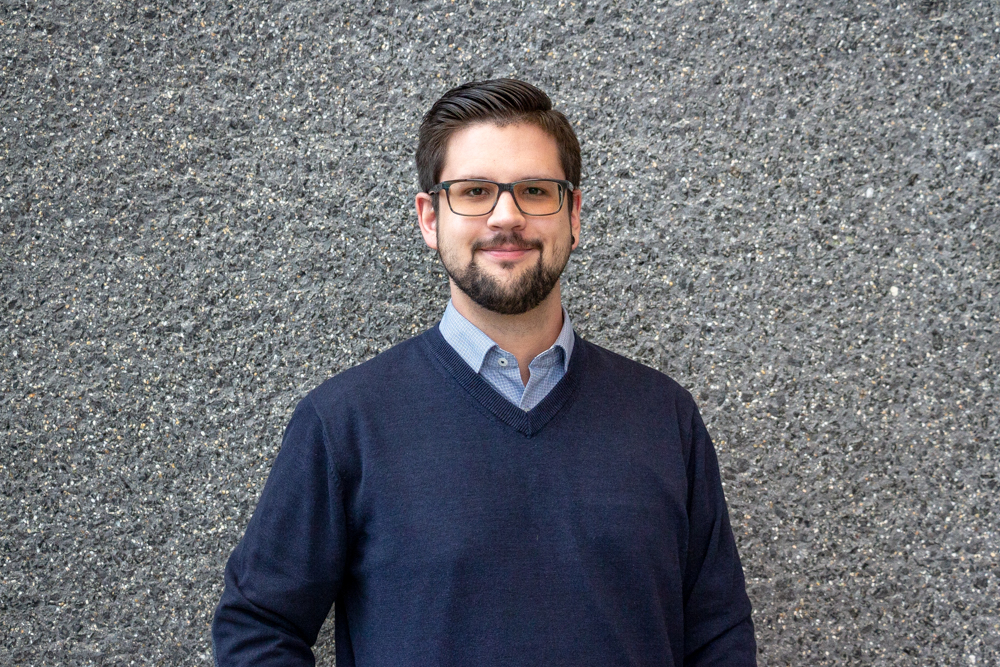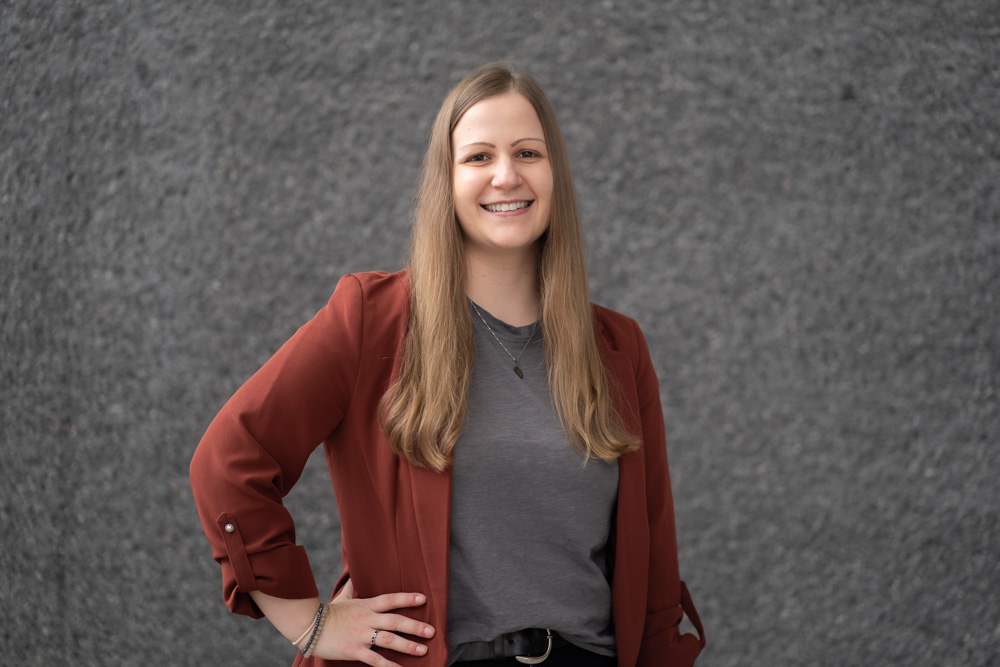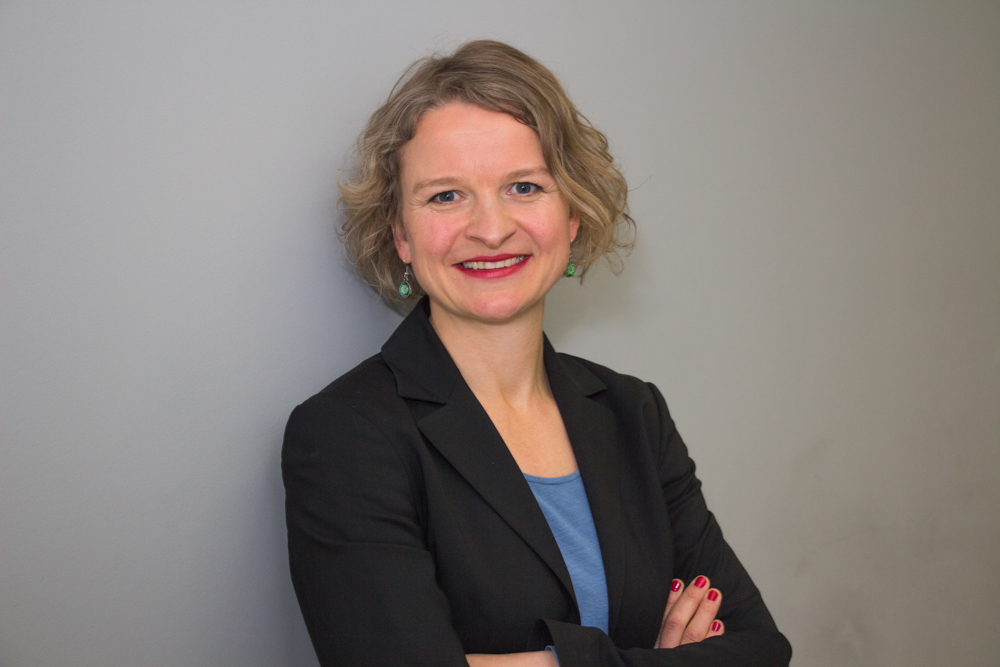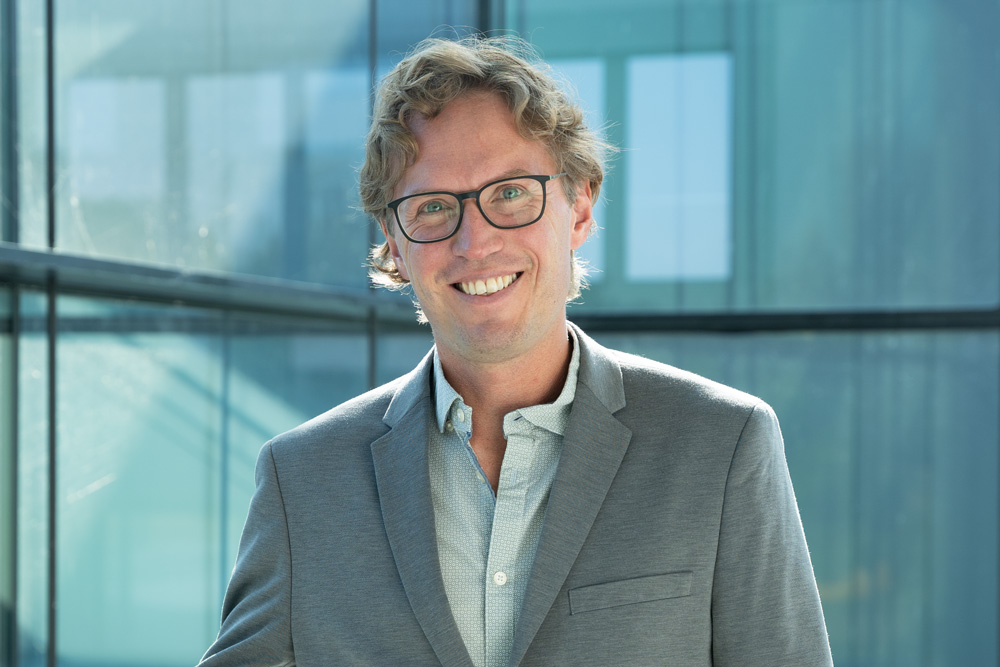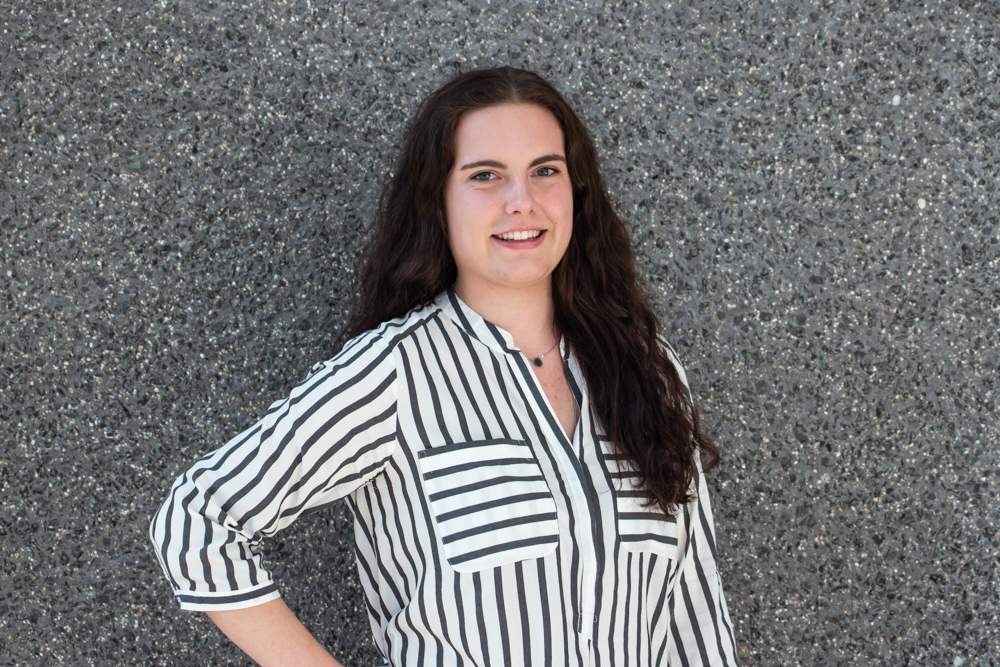research at dit
pioneering & vibrant
PhD opportunities
Support Services
Doctoral centres
Pursuant to the new Bavarian Higher Education Innovation Act (BayHIG), universities of applied sciences strong in research and university cooperations can apply for doctoral centres. This grants the university a limited right to award doctorates in specific fields.
Below you will find information about pursuing a doctorate at the Promotionszentrum DigiTech (in cooperation with TH Augsburg and HaW Landshut), Promotionszentrum NITRO (in cooperation with TH Augsburg and HaW Landshut) and the Promotionszentrum PRISMA Health (in cooperation with the TH Rosenheim), which is currently being established.
nitro
Promotionszentrum NITRO – Sustainable Intelligent Technologies for Resource-Optimised Production
The mission of the doctoral centre is to provide intelligent and sustainable technologies for resource-optimised production. This is achieved through three main focuses:
- Research on intelligent production systems & processes applies methods such as AI, Industrial Internet of Things, and Digital Twin.
- The focus on product design & materials engineering addresses the sustainable combination of various material classes and their processing methods to produce sustainable products.
- The focus of technology & innovation emphasises systemic approaches (especially Model-Based Systems Engineering) and integrates sustainability assessments like Life Cycle Assessments into product and production evaluations.
Sustainability and resource efficiency are integral to all research activities in the doctoral centre.
You can find more detailed information on the homepage of the TH Augsburg.
jOINT doctorates
In a cooperative doctorate, supervision is provided by a supervisor at both the university of applied sciences and a cooperating university. The degree is awarded by the cooperating university, as it is the degree-awarding institution. At DIT, approximately 70 doctoral candidates are supervised in this manner by more than 40 professors. This includes external candidates who may receive support from a company for their project.
Requirements
The admission requirements are specified in the doctoral regulations of the respective faculty of the cooperating university.
Procedure
For a cooperative doctorate, you must first find a supervisor at the university of applied sciences and then at the university. A supervision agreement is then jointly established with the supervisors.
Information and consultation
We are happy to provide detailed information materials or offer consultation appointments. Please contact us at graduate-school@th-deg.de.
Germany |
International |
|
|
Joint Doctorate Programme BayWISS
Doctoral candidates who conduct their dissertations in cooperation with a Bavarian university can become members of one of the thematic joint research colleges of the Bavarian Academic Forum (BayWISS). BayWISS is a collaboration platform for all applied universities and universities in Bavaria, which has established 10 cross-university thematic colleges through the Joint Doctorate programme since 2017.
Currently, DIT is represented by four doctoral candidates in the joint research colleges "Digitalisation" and "Life Sciences and Green Technologies", for which DIT is also a founding member.
Consultation
We Provide Advice on All Questions Related to Doctorates and Offer an Overview on the Following Topics:
- Pathways to a Doctorate
- Requirements
- First Steps
- Funding Opportunities
- Finding Supervisors
- Qualification Opportunities
Further information
We have compiled detailed information to give you an overview of the topic of doctoral studies. Please feel free to contact us by email at graduate-school@th-deg.de and we will send you access to the information.
Consultation
Consultations can be arranged individually at graduate-school@th-deg.de
PhD-Mentoring programme
From Doctoral Candidates for Doctoral Candidates
Our PhD mentoring programme fosters peer exchange and networking among doctoral candidates at DIT.
Think and Drink
Get to know each other, share experiences, and offer support. "Think and Drink" is a casual meetup where DIT doctoral candidates gather over a drink to connect and exchange ideas.
- Next date: 04.04.2025 | from 12:00 | Amelie Deggendorf (following the Deggendorf Scientific Colloquium)
- Registration available in the Intranet
Virtual Coffee Break
A random encounter in the virtual coffee kitchen. "Virtual Coffee Break" is a monthly event where DIT doctoral candidates are paired for 1:1 online meetings to discuss their research for 30 minutes.
- Pairing occurs every first Thursday of the month.
- Registration available in the Intranet
The PhD mentors can be contacted at: phd-mentors@th-deg.de
Events
Contact
If you have any questions, please contact graduate-school@th-deg.de.
Events
Contact
If you have any questions, please contact graduate-school@th-deg.de.

